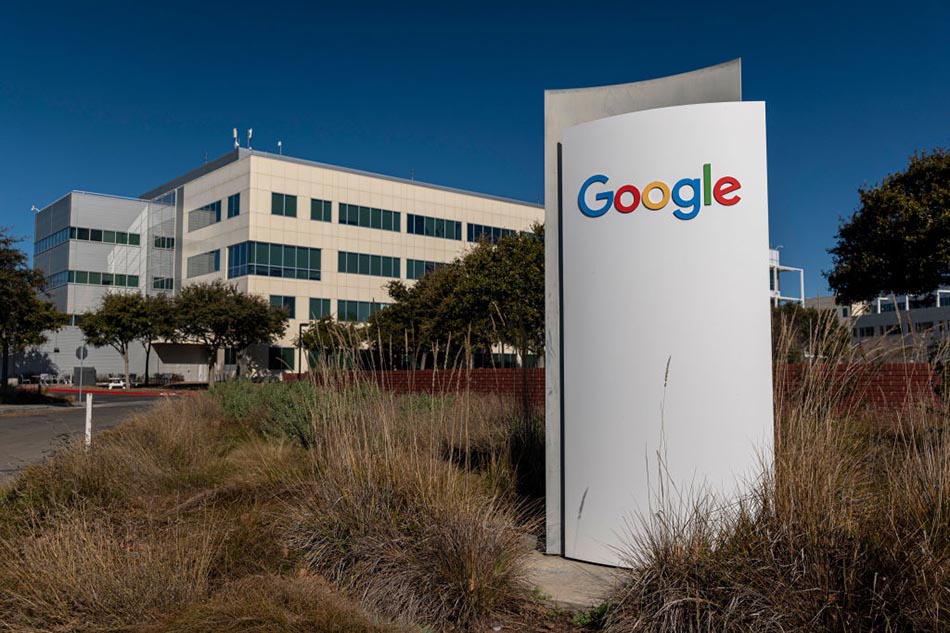Google Settles Location-Tracking Case for $400 Million
Agrees to be more transparent in future

The smarter way to stay on top of the multichannel video marketplace. Sign up below.
You are now subscribed
Your newsletter sign-up was successful
Google has agreed to pay a coalition of 40 state attorneys general almost $400 million for what the AGs said was misleading millions of users about Google location-tracking data, which it uses for digital advertising. It is just the latest black mark on Big Tech’s data handling practices.
An investigation found that Google had not notified users that location tracking was automatic for web and app activity — on Google Maps, Search and Chrome — on the site.
Google did tell users they could turn off tracking in "Location History," but it failed to mention that the "Web & App Activity" setting also was collecting location data.
In addition to forking more than $391.5 million, Google has agreed as part of the settlement to be more transparent.
"Big tech companies should not collect consumers' data without their awareness or consent," New York State Attorney General Letitia James said. Her state got $20 million of the settlement.
The AG investigation was launched in 2018, prompted by an Associated Press story about Google tracking locations (via "Web & App Activity") even when users opted out of location tracking.
James’s office said the settlement requires Google to:
The smarter way to stay on top of the multichannel video marketplace. Sign up below.
- "Show additional information to users whenever they turn a location-related account setting 'on' or 'off';
- "Make key information about location tracking unavoidable for users (i.e., not hidden);" and
- "Give users detailed information about the types of location data Google collects and how it’s used at an enhanced ‘Location Technologies' webpage."
The agreement "limits Google's use and storage of certain types of location information and requires Google account controls to be more user-friendly," James added. ▪️
Contributing editor John Eggerton has been an editor and/or writer on media regulation, legislation and policy for over four decades, including covering the FCC, FTC, Congress, the major media trade associations, and the federal courts. In addition to Multichannel News and Broadcasting + Cable, his work has appeared in Radio World, TV Technology, TV Fax, This Week in Consumer Electronics, Variety and the Encyclopedia Britannica.

